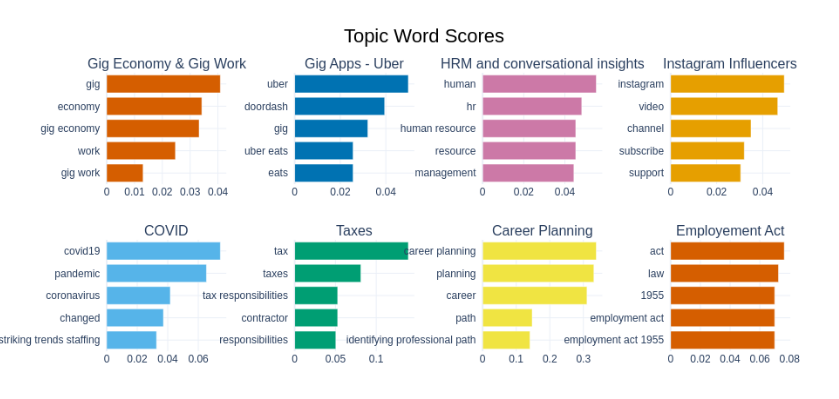Technology and Gig Work

Gig work refers to short-term, flexible employment arrangements where workers are typically hired for specific tasks. This employment model has gained traction beyond platform-based work, influencing traditional organizations that must adapt to new workforce dynamics.
Our research examines this phenomenon from two perspectives: the gig workers themselves and the HR managers in standard organizations. We investigate the implications of gig work on HRM practices in standard organizations, shedding light on the evolving role of technology in facilitating and managing gig-based employment structures. Technology plays a crucial role in connecting gig workers with job opportunities, managing work assignments, and mediating interactions between workers and organizations through digital platforms and algorithmic management.
From the perspective of HR managers, we explore three key areas: (1) trends and perspectives of HR professionals on the integration of gig work in traditional organizations, (2) the extent to which HR professionals apply standard HRM practices to gig workers, and (3) longitudinal shifts in HRM perspectives on gig work before and after the COVID-19 pandemic. Employing natural language processing techniques, we analyze over 500 YouTube videos of HR professionals discussing gig work. Our findings suggest that, despite the common belief that gig workers are ‘self-managed,’ organizations still apply various HRM practices in gig work settings.
From the perspective of gig workers, we analyze how traditional employment expectations are shifting, as gig workers adapt through job crafting and identity management. We also examine how gig workers navigate issues of autonomy, commitment, compensation volatility, and professional development in environments where employer-provided training and benefits are minimal. Additionally, we investigate the ways in which gig workers form alternative professional and social relationships to cope with work isolation and integrate into blended teams.